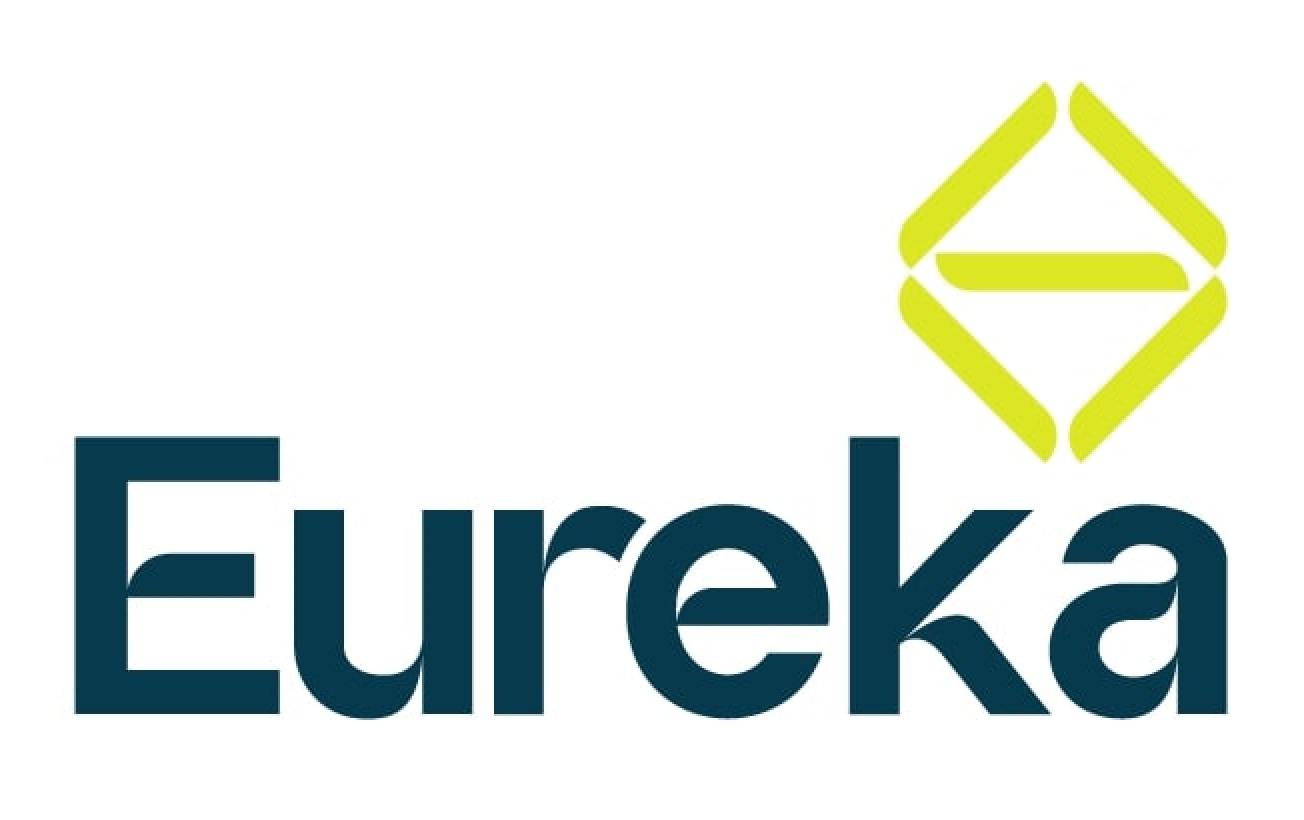Mastering the art of behavioural interview questions
A great hiring process can make all the difference when it comes to building a high-performing team, and behavioural interviews are an essential component of that process. The goal of this type of interview is to identify whether a candidate has the skills, attitude, and work style necessary to excel in a particular role by asking open-ended questions that invite the candidate to share real-world examples of past experiences. In this article, we'll explore the key steps to writing effective behavioural interview questions that can help you uncover the best candidates for your team.
Start with the job description
The first step in crafting effective behavioural interview questions is to refresh your understanding of the specific qualifications, skills, and experience necessary for the position you're hiring for. Review the job description thoroughly, identifying the most important competencies and experiences that you're looking for in the ideal candidate. With this knowledge in hand, you can develop questions that are tailored to the role and that can help you assess whether a candidate has the necessary capabilities for success.
Use the STAR method
Behavioural interview questions are designed to elicit responses that reflect a candidate's past experience and demonstrate their behavioural tendencies. The STAR (Situation, Task, Action, Result) method is a helpful framework for structuring each question and guiding the candidate's response. Start by asking for a specific scenario or situation a candidate has faced; then, ask about the task or challenge within that situation. You can then ask about the candidate's specific actions in response to that challenge and the results or outcomes that followed. This method provides a clear, structured way to approach each question, making it easier to evaluate the candidate's answers.
Incorporate different types of questions
Behavioural interviews should include a range of different question types that probe into different aspects of the candidate's experience and behaviour. Open-ended, hypothetical, and specific situation or scenario questions can help you understand how the candidate thinks and behaves in different contexts, as well as their ability to adapt and problem-solve. For example, asking a hypothetical question like "How would you handle a difficult customer?" can give you insight into a candidate's thought processes and approach to problem-solving, while a more specific question such as "Can you describe a time when you had to handle a particularly challenging customer interaction?" can help evaluate their specific skills and experience.
Focus on company culture
An often-overlooked aspect of behavioural interviews is assessing a candidate's fit with the company culture. By asking questions that explore their values, behavioural habits and communication styles, employees will be able to determine whether the candidate is a good match for the company. Incorporating questions that focus on the company's core values or workplace environment can give you insight into how well a candidate is likely to function within your organisation. Additionally, you can use this knowledge to probe further into areas of potential concern or opportunity.
Collaboration and teamwork
Teamwork and collaboration are critical to the success of any organisation and should be considered when drafting interview questions. Asking candidates how they have collaborated with team members in the past, or how they have resolved any conflicts within a team, will help to identify how they approach teamwork, demonstrate leadership and address conflict. This information can help you build a team that will work together productively and efficiently.
Crafting effective behavioural interview questions is a key part of any successful hiring process. By taking the time to understand the job requirements, using the STAR method to structure your questions, incorporating different types of questions, focusing on company culture and determining the candidate's ability to work as part of a team, you can gain a more accurate and comprehensive view of a candidate's behavioural tendencies, values, skills and experience. With this information in hand, you'll be better equipped to make informed hiring decisions and build a high-performing team that can drive your organisation forward.
Recent insights


Contact us
'Eureka' is a registered trademark in the United States of America (no. 7447690) and Great Britain and Northern Ireland (no. UK00003894712).


